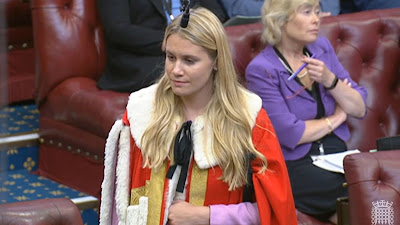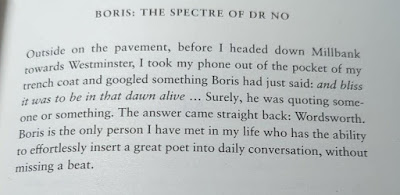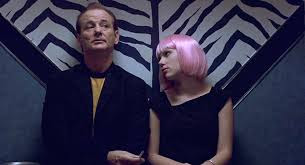Rolling Stone, for the first time in many decades, nails it.
And we have to return to Anthony Bourdain’s summation of the man:
Once you’ve been to Cambodia, you’ll never stop wanting to beat Henry Kissinger to death with your bare hands. You will never again be able to open a newspaper and read about that treacherous, prevaricating, murderous scumbag sitting down for a nice chat with Charlie Rose or attending some black-tie affair for a new glossy magazine without choking. Witness what Henry did in Cambodia – the fruits of his genius for statesmanship – and you will never understand why he’s not sitting in the dock at The Hague next to Milošević.
Sadly, Bourdain didn’t live to dance on Kissinger’s grave and nor did Christopher Hitchens. But we still have Tom Lehrer who may or may not have said that he stopped writing songs because satire died when Kissinger won the Nobel Peace Prize. So that’s OK.
PS: Also, this:







